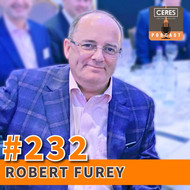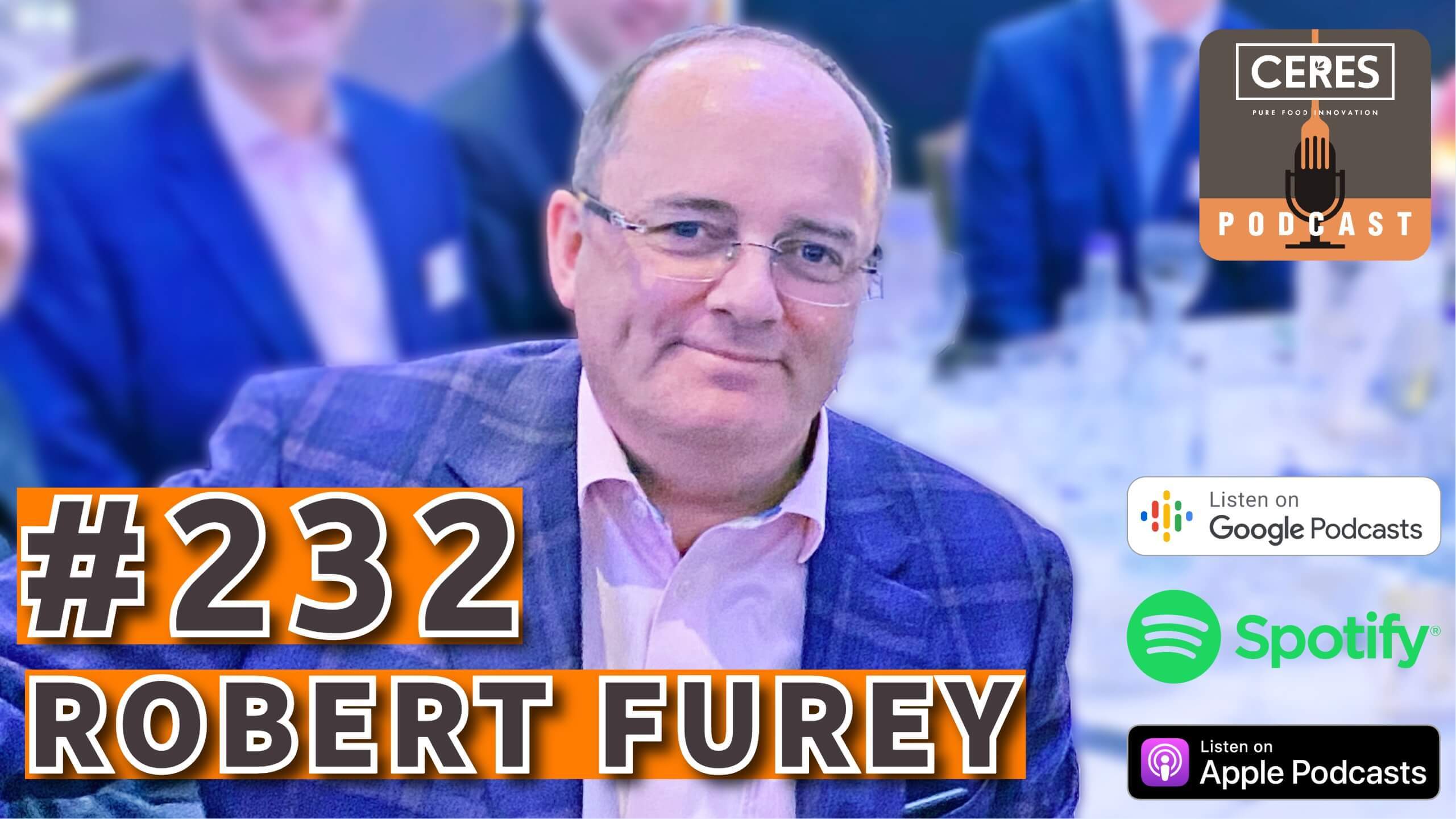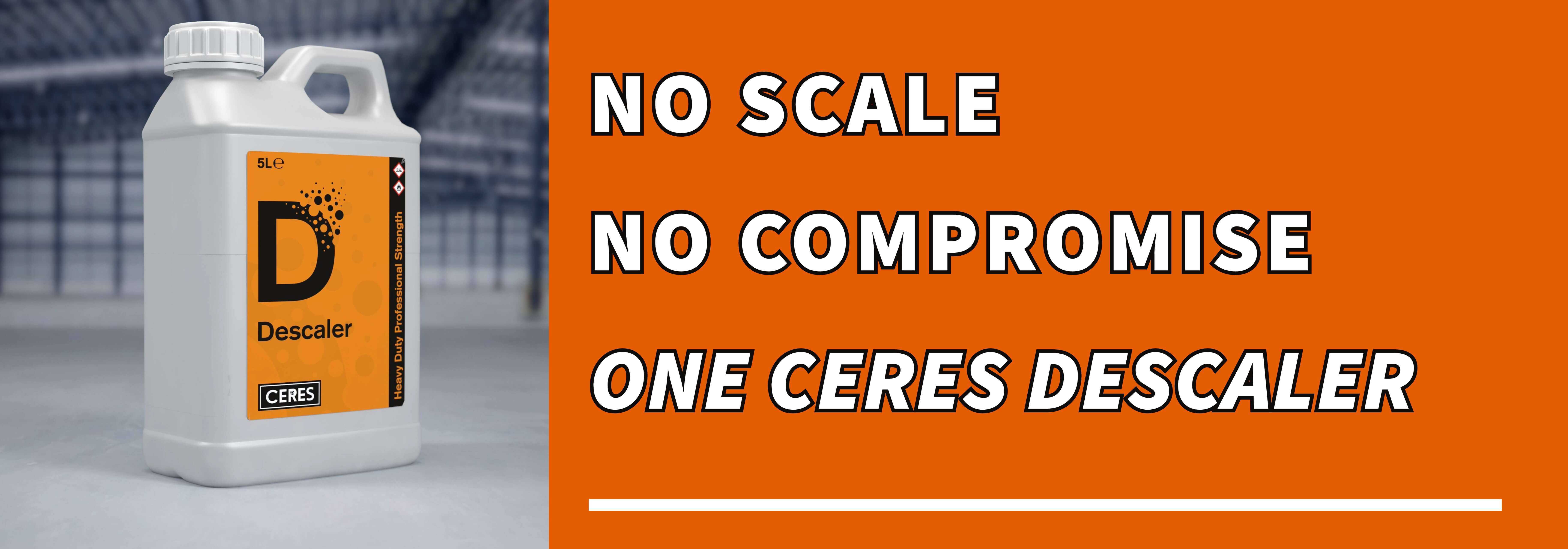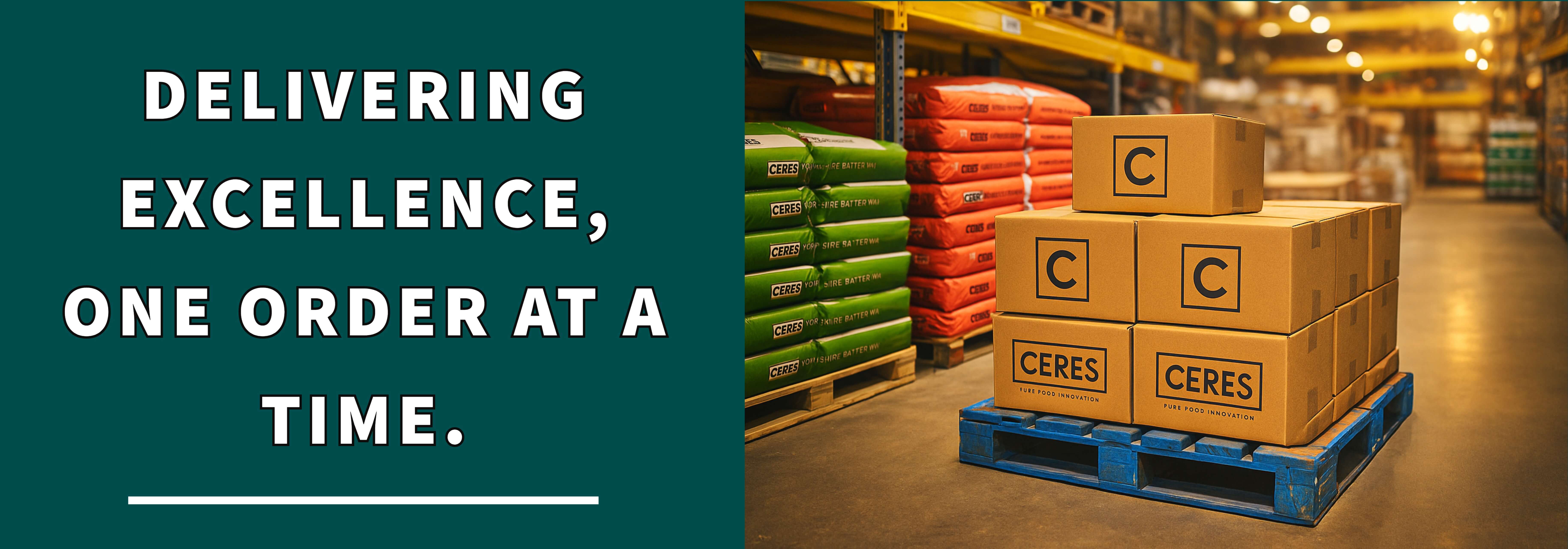#232: Robert Furey on value, efficiency and moving the trade forward
Posted by Emily on 25th Nov 2025 Reading Time:
Fish and chip shops are operating in a world that feels noisier and more uncertain than ever. Rising costs, shaky headlines and constant talk of decline can make even solid businesses hesitate. Episode 232 of The Ceres Podcast matters because it pushes back on that fear. Host Stelios Theocharous sits down with Robert Furey, Managing Director of Florigo UK, for a grounded, highly practical conversation about how operators can keep moving forward without ignoring reality.
The episode opens with a reminder that the industry has ridden waves before. Stelios reflects on economic cycles and how easy it is for daily news to shape business decisions more than it should. Robert agrees, pointing out that larger operators tend to plan long-term and keep investing regardless of short-term turbulence, while smaller shops often take things personally and pause spending when the mood turns sour. His core point is simple: if the money is already set aside for growth, the budget or the headlines should not derail the plan.
Cost control versus cutting investment
A major theme is the difference between sensible cost control and quietly starving the business. Stelios gives sharp examples of smart cutbacks such as trimming dead menu items or tightening opening hours. But he draws a line when shops delay replacing old capital equipment just because the economy feels grim. In his words, cutting costs is one thing, but letting a “clapped out” range limp on for years can become a hidden drain through fuel waste, repairs and downtime.
Robert adds a vital discipline many small operators miss: if you choose to stretch an asset, you must also accept you are on borrowed time and prepare cash to replace it quickly when it fails. Too often, shops “get comfortable” and spend the replacement fund elsewhere, leaving them stuck when something finally breaks.
That idea feeds into a wider warning. Some owners keep equipment long past its sell-by date, then feel shocked when parts are slow to source. Stelios shares a real example of a 14-year-old range where the operator complained about spare part delays, missing the obvious point that older kit will not be supported like a new model. Robert’s view is practical and blunt: if you run old equipment, either keep spares or accept slower fixes, and track downtime closely so replacement becomes a measured decision rather than a crisis.
The “little improvements” mindset
One of the most useful parts of the episode is how both men frame progress. Robert compares business improvement to the British cycling team’s success, built not on one giant breakthrough but on constant marginal gains. Stelios backs this up, reminding listeners that great operators are rarely doing one magical thing. They win by stacking small improvements that together move the numbers.
For busy shop owners, this is encouraging. You do not need a dramatic reinvention to stay relevant. You need to keep noticing friction, fixing it, and refusing to stand still.
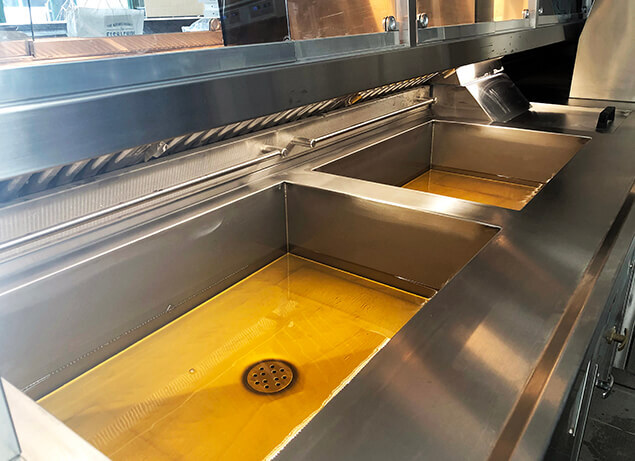
Pricing confidence and value perception
The conversation then shifts to pricing, and it is one of the strongest sections for anyone struggling with confidence at the counter. Robert argues it is still a great time to be selling fish and chips, even with higher fish costs. He sees fish and chips as excellent value when compared with wages and prices in the wider market, and he reminds listeners that customers are willing to pay for a product that is done well.
Stelios reinforces this with a straightforward example from his own life: two burgers and sides in Coventry cost nearly £50 and nobody flinched. The customer did not need a lecture about beef prices. The price was the price, and the offer sold itself. He wonders if fish and chip shops sometimes damage their own value perception by talking too loudly about costs and shouting about price rises.
Robert makes the point even clearer. When fish prices rose after Covid, most of the pushback came not from customers but from owners feeling guilty about charging what the product was actually worth. If prices double, menus must reflect it or businesses will not survive.
Click and collect first, delivery second
If delivery feels like a headache, this episode offers a neat route through it. Robert’s advice is to master click and collect first. It teaches the shop how to handle digital orders and timed cooking without adding the extra complexity of transport. He also notes that click and collect customers typically spend more than walk-ins and take less staff time to serve. Once that system runs smoothly, delivery becomes a logical next step, not a chaotic bolt-on.
Stelios agrees in principle but adds nuance. Delivery is here to stay, yet many shops adopted it badly during Covid by not pricing it properly. The result is a lingering belief that delivery is unprofitable, when in reality the model was never set up right. His comparison to early VAT panic in the trade is sharp and hard to ignore.
Quality basics: oil filtration and clean chips
Another standout moment is the frank talk on basics that should not be debated in 2025. Stelios is amazed to still see operators questioning whether oil filtration is worth it. Robert responds simply: customers expect clean chips, and clean oil is part of that. Poor filtration leads to debris, waste and lower perceived value, forcing shops to give away more just to keep customers happy. The directness here is refreshing, and it brings the discussion back to what really matters: the eating experience.
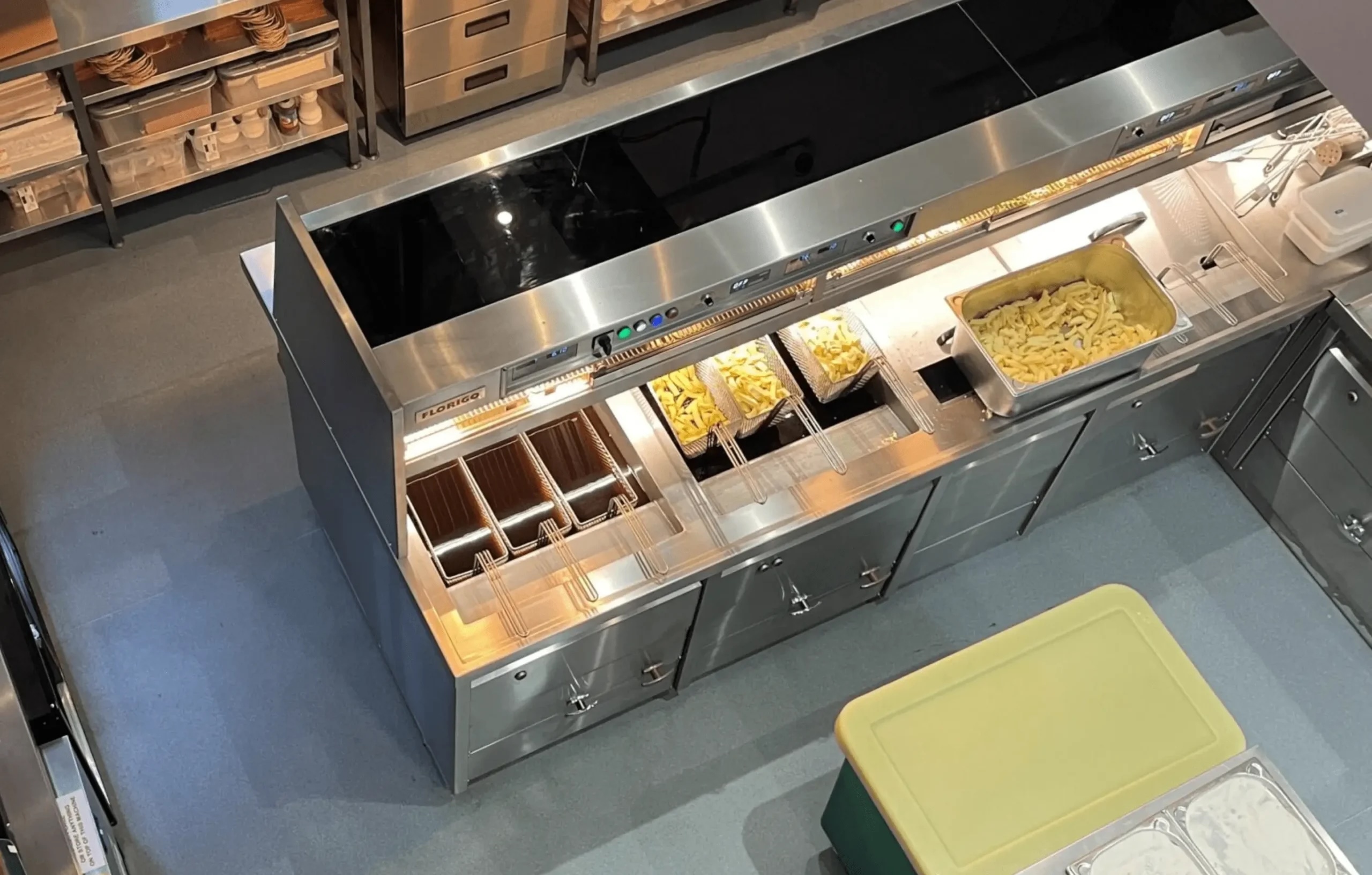
Culture, attitude and staying in the game
Underneath all the technical talk is something more human. Stelios points out a negative cycle he sees in the trade: owners talking down their own business in front of customers, lenders and even themselves. He shares a story of a business manager refusing a loan because the operators spent an hour describing how miserable and hopeless they felt, without showing any enthusiasm for growth. The message is clear. Attitude is not fluff. It affects finance, staff energy and customer trust.
Robert agrees and adds a warmer note about the industry. He sees fish and chip operators as “salt of the earth” people who know how to work hard and have a laugh. That blend of realism and optimism gives the episode its tone: honest about pressure, but confident the trade can thrive if it keeps learning and investing.
Episode 232 is a must-listen for any fish and chip owner or hospitality operator who feels caught between caution and progress. It gives practical frameworks for investment, pricing, delivery and everyday efficiency, without pretending the challenges are not real. Hearing Stelios and Robert talk it through is like having a smart, experienced sounding board for your own business decisions. Listen to The Ceres Podcast, Season 8, Episode 232, and subscribe so you do not miss the next conversation built to keep the trade moving forward.

